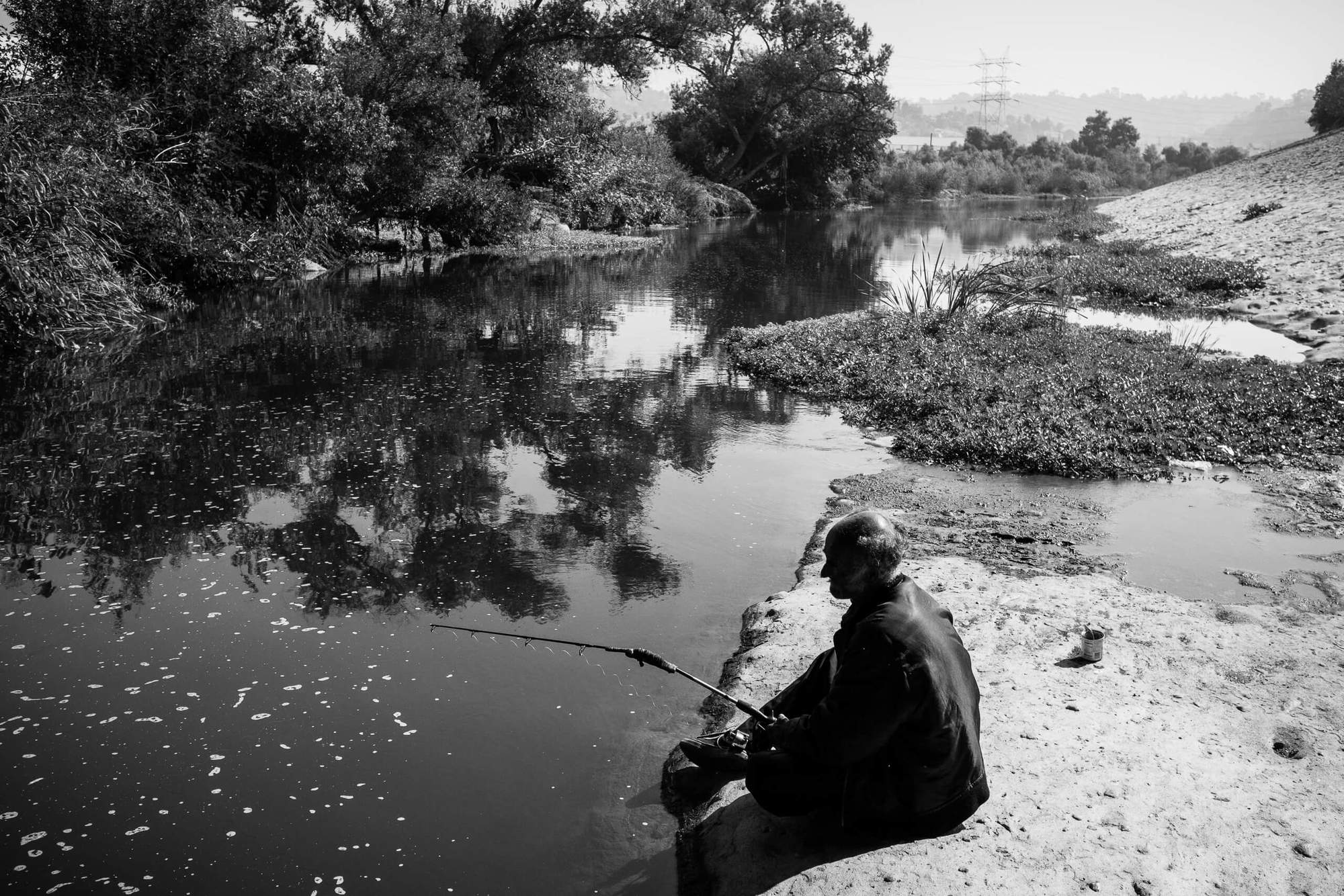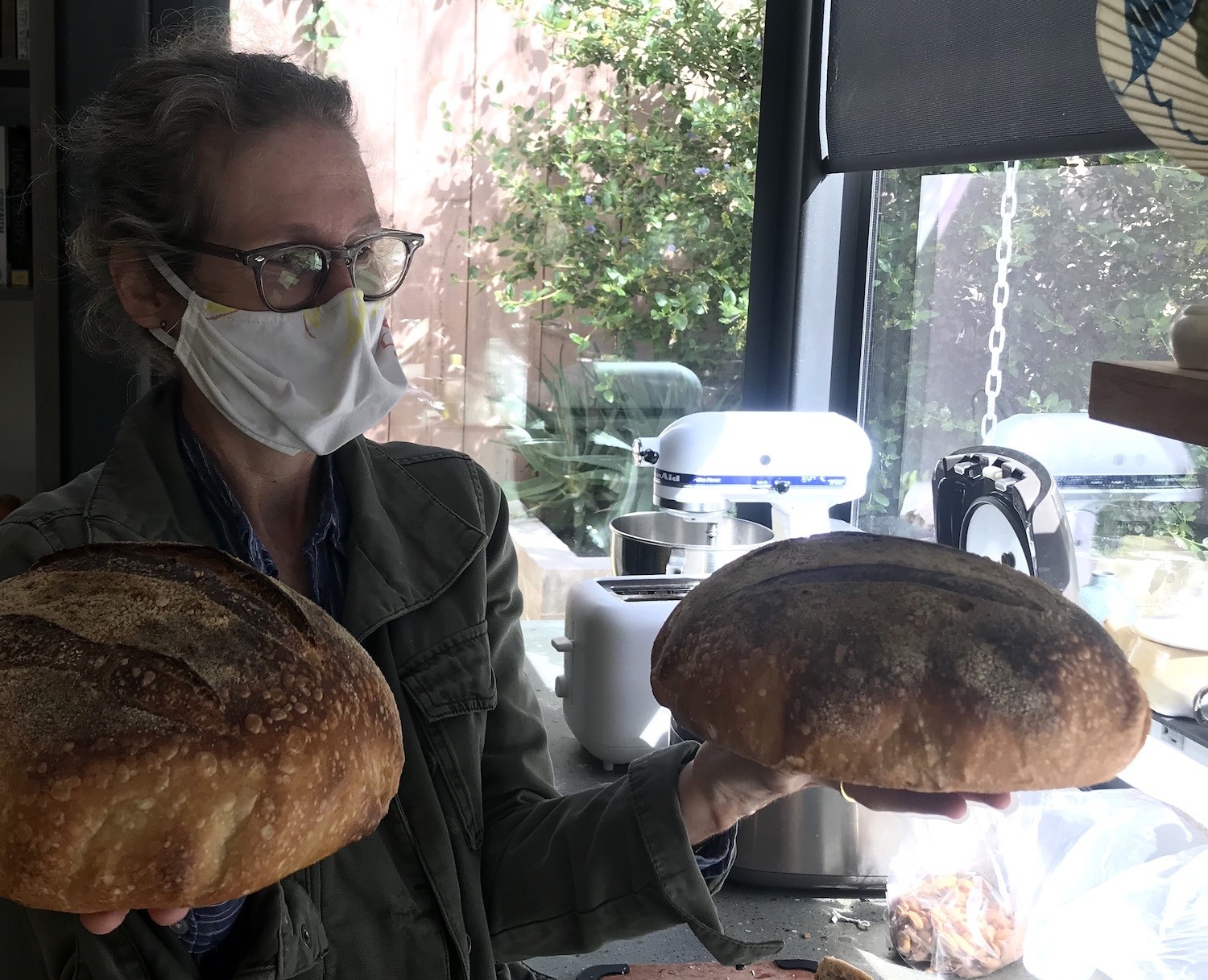Before Stonewall, a Los Angeles gay bar was the site of a little-known police raid. But the history of the Black Cat has slowly drifted away.
Before Silverlake became one of Los Angeles’ most gentrified areas, it was a working-class Latinx neighborhood and a gay enclave that housed the Black Cat, a queer bar where a 1967 police raid led to “a watershed moment for the gay rights movement.” As the number of gay bars across the country continues to dwindle, Zócalo Public Square’s associate editor Talib Jabbar examines the historic queer site and urges us to think more deeply about “what the struggle for gay bars was actually about, and what the struggle to preserve them means.” The Black Cat raid led to a new coalition of gay rights organizations and to cross-movement protests by people who faced police harassment. And this was before Stonewall, the storied 1969 melee against law enforcement surveillance and violence targeting LGBTQ folks and hangouts. While the Black Cat is a historical-cultural monument, the civic protests it inspired have mostly been erased in the “mainstream origin story of gay rights.” Besides some photos on display, nothing about the Black Cat’s current iteration suggests that anything revolutionary happened at the site 55 years ago; in fact, later this year, the space next to the historic gay bar is slated to become a Shake Shack. Now that the space “is no longer so anchored to its queer history,” Jabbar asks an intriguing question: Could the new Black Cat use its history to expand its fight and once again become a site for political action? —Tina Vasquez



